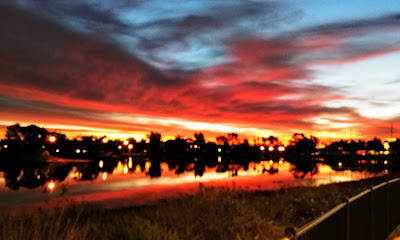Geulincx & Beckett
Arnold Geulincx ( Dutch pronunciation: [ˈɣøːlɪŋks] ; 31 January 1624 – November 1669) was a Flemish philosopher . He was one of the followers of René Descartes who tried to work out more detailed versions of a generally Cartesian philosophy . Samuel Beckett cited Geulincx as a key influence and interlocutor because of Geulincx's emphasis on the powerlessness and ignorance of the human condition . * He is cited by Samuel Beckett , whose character Murphy remembers the "beautiful Belgo-Latin of Arnold Geulincx", and in particular the gloomy nostrum (frequently repeated by Beckett to inquisitive critics) Ubi nihil vales, ibi nihil velis (roughly, 'Where you are worth nothing, there you should want nothing'). In the novel Molloy (1950), Beckett's eponymous character describes himself as "I who had loved the image of old Geulincx, dead young, who left me free, on the black boat of Ulysses, to crawl towards the East, along the dec





